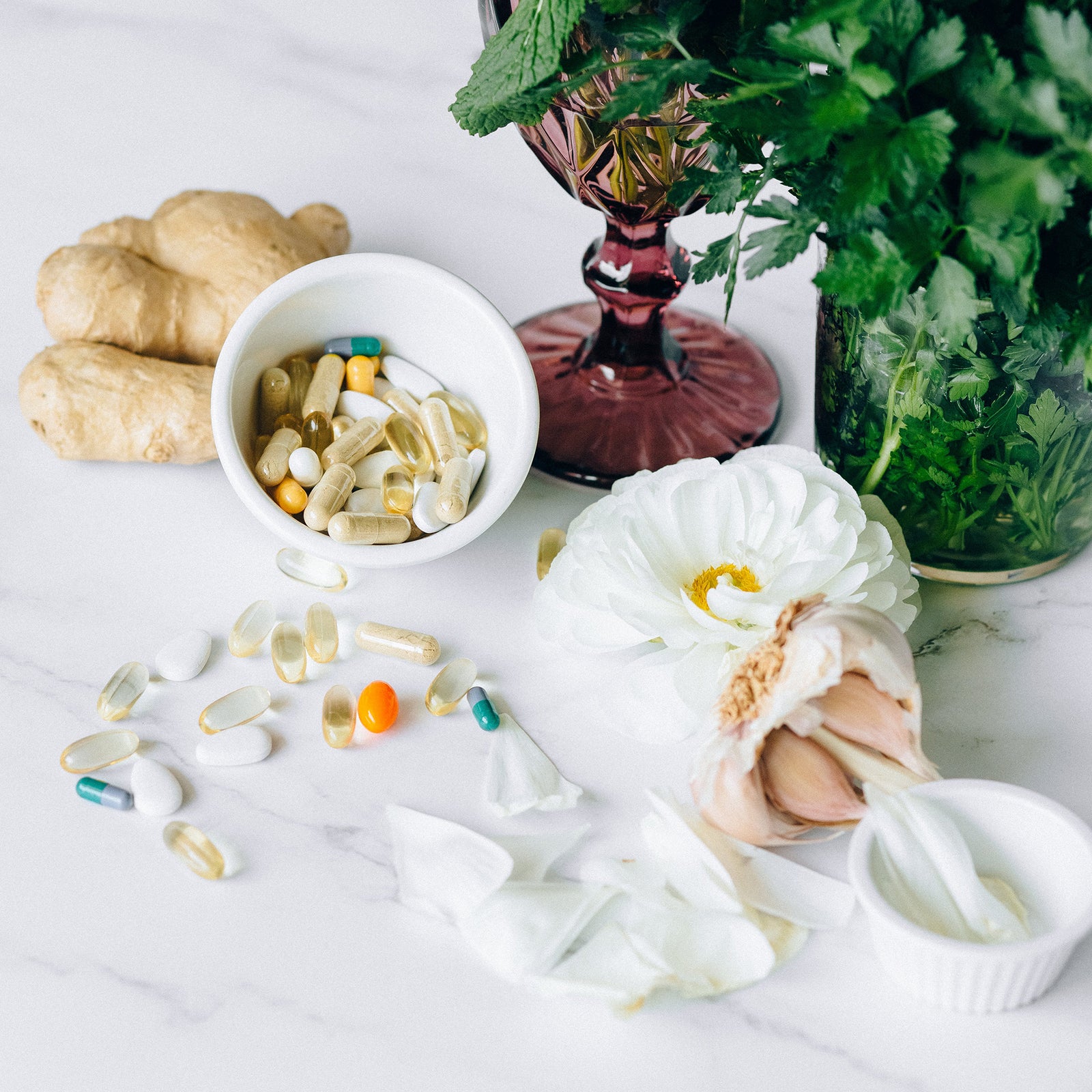Facts About Organic Supplements

A supplement is a product that contains one or more ingredients to make the product complete. Accessories are designed to provide nutrients, vitamins, minerals, amino acids and other substances that might not be available in what we eat. Some of the most popular supplements include vitamin C, calcium, iron, and Omega 3 fatty acids, all considered essential to sustaining life and promoting good health.
There are two types of supplements: organic and non-organic. Organic means that all ingredients were grown without any pesticides. Non-organic implies that at least some of the elements were grown with pesticides.
Benefits of taking supplements:
- Supplements can help to make up for what you might lack in your diet. For example, Omega fatty acids may help with a deficiency that could be causing symptoms such as heart disease and arthritis.
- Taking the right supplement at any given time can mean the difference between feeling healthy or not so healthy. For example, when someone gets a sore throat, chewing or sucking on ginger candy can help with what's going on in their mouth and might also relieve the pain of what they're feeling.
- Some supplements may have side effects that are beneficial to your health as well. An example is taking turmeric for inflammation which will then reduce the inflammation in your body.
- Supplements can help to reduce the risk of certain diseases by reducing what is known as oxidative stress on cells and tissues; for example, taking vitamin C may protect against some cancers or osteoporosis.
Organic supplements:
Organic means that all ingredients were grown without any pesticides. Non-organic implies that at least some of the elements were grown with pesticides.
- Organic supplements may be the best option for those who want to avoid what's in our food and air, as well as what we're exposed to every day on the job or from living near a busy road.
- When you take an organic supplement instead of taking two non-organic products, that means there are less chemicals in your body.
- Organic supplements are also better for the environment because they don't use preservatives and they're more likely to be biodegradable.
Non-organic supplements:
Non organic are those ingredients grown with pesticides.
- When you take a non organically grown product , that means you're also taking what's in the soil it was produced in. So in some cases, there might be heavy metals or toxic substances present as well.
- If a non-organic inorganic product is exposed to light and air for an extended period of time, they may start breaking down into components that are harmful to your health, such as formaldehyde.
- Non-organic supplements are also not as safe for the environment because they can contain what's known as persistent organic pollutants, which is what we classify any chemical that doesn't go away after it's been used and released into our soil or water supply.
Organic vs. non-organic: Organic means all ingredients were grown without pesticides. Non-organic implies at least some of the ingredients were grown with pesticides.
- Organic supplements may be the best option for those who want to avoid what's in our food and air, as well as what we're exposed to every day on the job or from living near a busy road.
- When you take an organic supplement instead of taking two non-organic products, that means there are less chemicals in your body.
- Organic supplements are also better for the environment because they don't use preservatives and they're more likely to be biodegradable.
Organic vs. non-organic:
Organic means all ingredients were grown without pesticides. Non-organic implies at least some of the ingredients were grown with pesticides.
Organic supplements may be the best option for those who want to avoid what's in our food and air, as well as what we're exposed to every day on the job or from living near a busy road.






